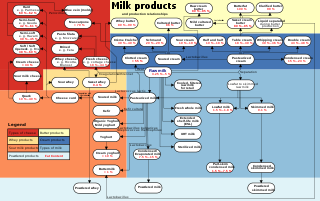Many years ago, we discovered that audiobooks are a wonderful way to make long journeys seem shorter, and seldom does a motorway junction go by without it being accompanied by a snatch of, say, Jules Verne, PG Wodehouse, Arthur Ransome, Neville Shute or Patrick O’Brian.
Aside: This is one reason why I’m delighted with my latest Tesla software update: as of last week, my car now includes an Audible app, and a single button-press on the steering wheel will continue the current adventure from wherever we left off. But more about Tesla software updates will follow in a future post…
But if audiobooks aren’t your thing, and you want alternative sources of distraction en route, perhaps you could ponder the history of the numbers of the roads themselves! This is the topic of a surprisingly interesting blog post by Chris Marshall, talking about UK road numbers like ‘A14’ and ‘B5286’.
Have you ever wondered where they come from, what the rules are, or who cares about it when the local authorities get the numbers wrong? Because they do get them wrong, you know, and then SABRE, the Society for All British and Irish Road Enthusiasts swings into action to try to get things put right!
You may feel strongly about this. You may want to join them and rattle a sabre of your own from time to time. Then, perhaps, you could join The Milestone Society. But even if not, Chris’s post will start to educate you, and then you might try searching for your favourite road on the SABRE Wiki!
But not, of course, while you’re driving.

Recent Comments